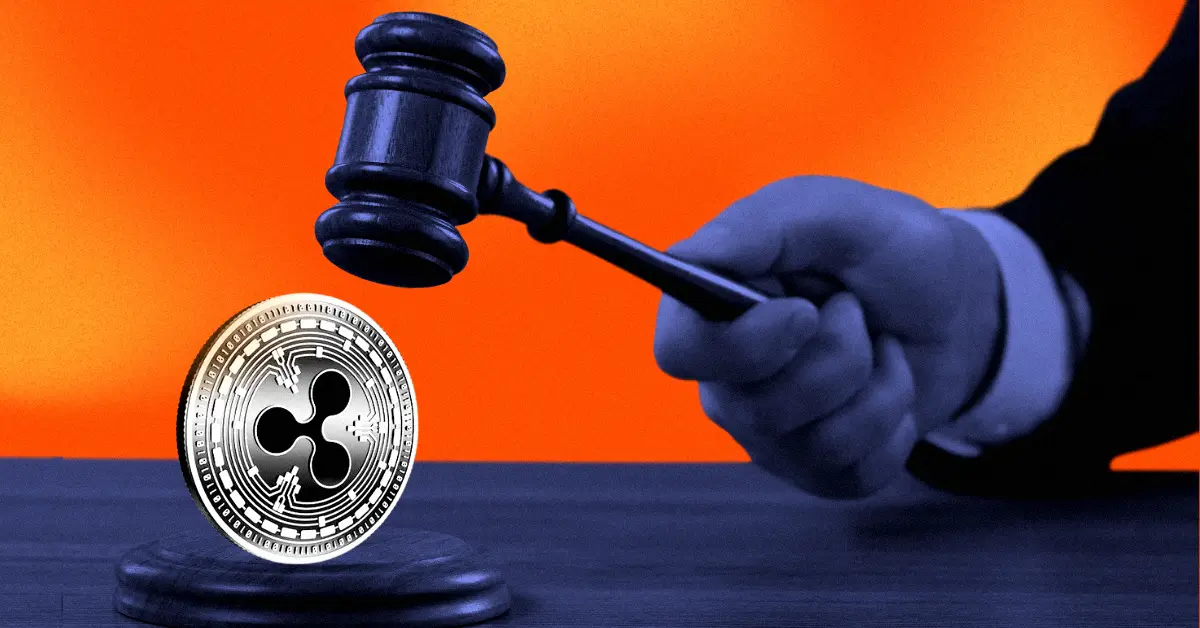
Charlie Gasparino, a prominent New York Post columnist and Senior Correspondent for FOX Business, has been vocal about his views on the regulatory landscape surrounding Ripple, particularly its cryptocurrency, XRP. Gasparino has consistently expressed his belief that the regulatory scrutiny faced by Ripple is unwarranted.
Comparing Ripple’s Situation to Other Financial Misconduct Cases
In a revealing interview with Anthony Pompliano, Gasparino highlighted a perceived inconsistency in the actions of the Securities and Exchange Commission (SEC). He noted that while Ripple was under intense examination, other influential figures, such as Sam Bankman-Fried, were allegedly involved in significant financial misconduct yet did not encounter equivalent regulatory pressure. Gasparino argues that this disparity exemplifies what he sees as regulatory overreach by the SEC.
The Impact of SEC Actions on Ripple’s Operations
Gasparino further elaborated on the consequences of the SEC’s legal actions against Ripple. He argued that the lack of clear regulations in the United States has compelled Ripple to shift its operations overseas. Despite a judicial ruling that sided with Ripple, Gasparino was critical of the decision, suggesting it fostered uncertainty rather than clarity.
A Controversial Judicial Ruling
The judge’s ruling in the Ripple case determined that the company was not required to disclose certain information to retail investors, while still mandating disclosure to institutional investors. Gasparino criticized this decision, labeling it as “idiotic” and warning that it set a hazardous precedent that could lead to reduced transparency for retail investors. He expressed concern about the potential ramifications of such a ruling, describing the situation as a “mess.”
Gasparino’s Long-Standing Interest in Ripple
Gasparino’s engagement with Ripple did not begin with the recent legal battles; it dates back several years. He had previously reported on Ethereum’s attempts to craft its own regulatory framework, a topic that garnered significant attention when a clip of his reporting was circulated by a Ripple supporter. Gasparino remains steadfast in his belief that the scrutiny directed at Ripple and XRP is disproportionate, especially when juxtaposed with the more lenient treatment of other industry figures.
Conclusion: The Future of Cryptocurrency Regulation
Gasparino’s insights into the regulatory challenges facing Ripple underscore broader issues within the cryptocurrency industry. As debates about regulation and oversight continue, the Ripple case serves as a pivotal example of the complexities involved. The future of cryptocurrency regulation remains uncertain, but voices like Gasparino’s contribute to an ongoing dialogue about fairness, transparency, and the role of regulatory bodies in the rapidly evolving financial landscape.






